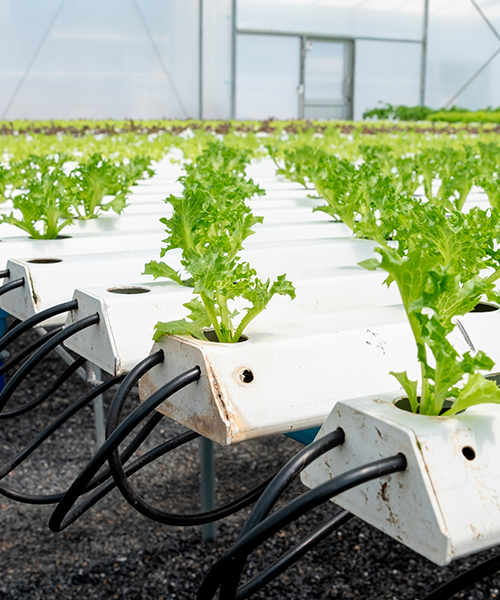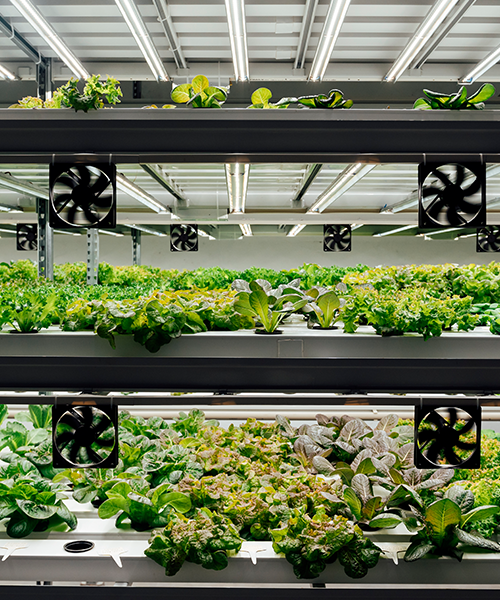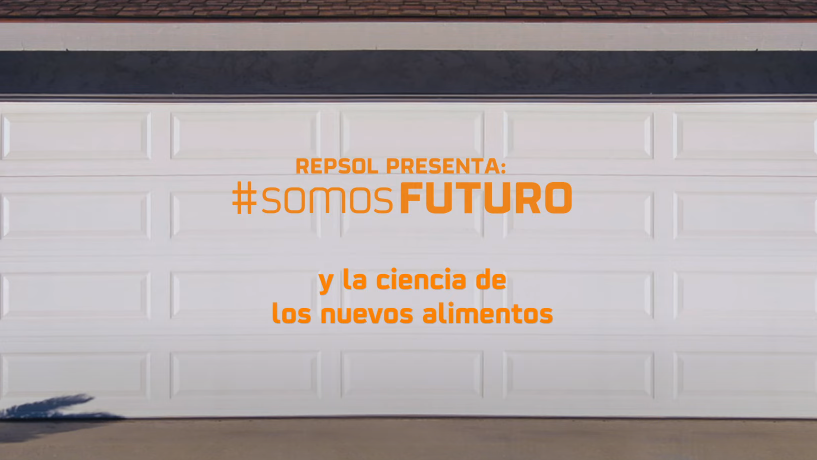Efficient use of water
Efficient use of water
Hydroponics uses less water compared to traditional agriculture, as water is recirculated in many systems, reducing waste.
Control of nutrients
Control of nutrients
Farmers have precise control over the composition and concentration of the nutrients the plants receive, allowing for optimal and customized nutrition.
Reduced risk of pests
Reduced risk of pests
The absence of soil significantly reduces the risk of soil-borne pests and diseases, reducing the need for pesticides and herbicides.
Adaptability to a variety of environments
Adaptability to a variety of environments
From urban environments to at-home hydroponics, this method can be implemented in areas with soils unsuitable for conventional agriculture.
Increased control of the environment
Increased control of the environment
Hydroponic systems allow precise control of environmental factors such as temperature, humidity, and lighting, favoring optimal plant growth.
Accelerated growth
Accelerated growth
Hydroponics allows for faster growth compared to traditional cultivation methods thanks to the controlled supply of nutrients.
Less dependence on the weather
Less dependence on the weather
By having control of the environment, hydroponic crops are less dependent on external climatic conditions, reducing the risks associated with adverse weather events.
Year-round harvests
Year-round harvests
Hydroponics allows for continuous cultivation, regardless of the season, providing a constant supply of fresh produce.
Reduced use of space
Reduced use of space
Hydroponic systems, such as vertical or layered systems, make efficient use of space, allowing cultivation in small areas.

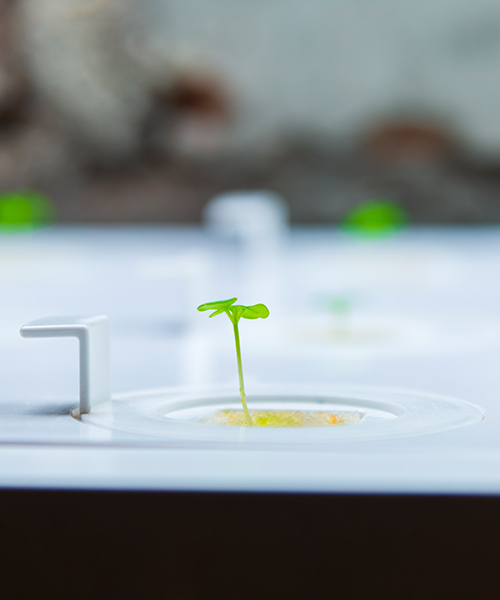
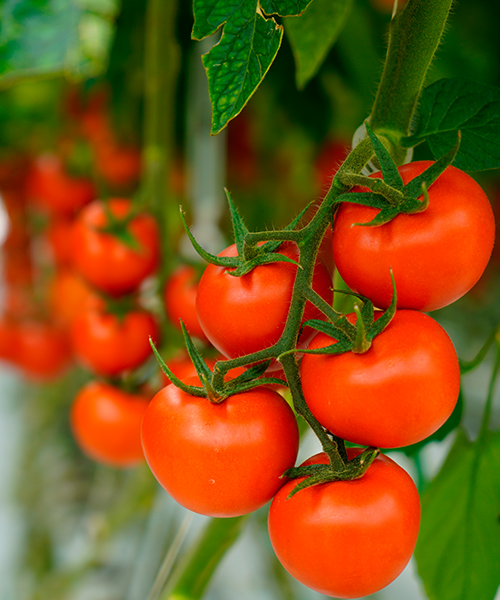
.jpg)
